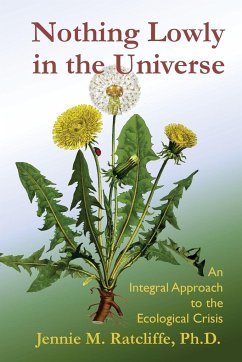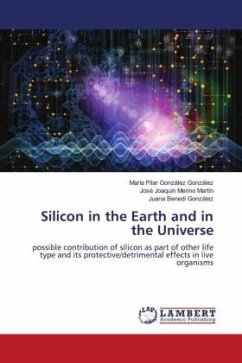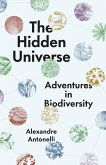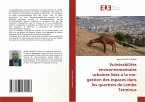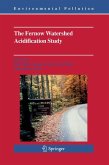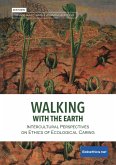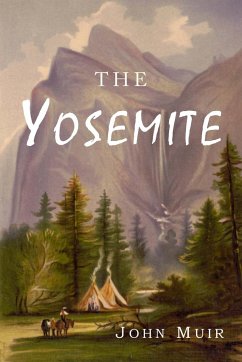The world is facing an existential crisis. Looming climate breakdown and ecological collapse could lead to the "sixth extinction" event in Earth's history, this time by our own hand, and the massive loss of human life and of many other life-forms with which we share the earth. How did we get here, and how can we transform our ways of thinking and living to avoid catastrophe? And what really sustains us? In a wide-ranging and comprehensive analysis, based on decades of experience as an environmental research scientist, activist and Quaker, Jennie M. Ratcliffe explores the interconnected scientific, technological, economic, religious and psychological causes of our predicament and shows how the ecological crisis is, at its heart, a spiritual and moral crisis. Drawing primarily on Quaker testimonies, on Gandhian, Buddhist, and other wisdom traditions, and the work of Thomas Berry, Arne Naess, E.F. Schumacher and others, she explores the underlying principles by which we-particularly those of us in the wealthiest countries-can radically transform our ways of life. The principles of integrity, reciprocity, nonviolence, simplicity, and equality, rooted in a realization of the unity and interdependence of, and love for, the whole earth community, are the foundation of an integral deep ecology, deep economy, and deep peace. Far from being utopian, they can and are being translated into spiritually-grounded practices around the world, offering transformational paths to the long-term sustainability of a more just and peaceable world for the commonwealth of life and the emergence of a new Ecozoic era. Includes illustrations, comprehensive footnotes, full bibliography, and index.
Hinweis: Dieser Artikel kann nur an eine deutsche Lieferadresse ausgeliefert werden.
Hinweis: Dieser Artikel kann nur an eine deutsche Lieferadresse ausgeliefert werden.

